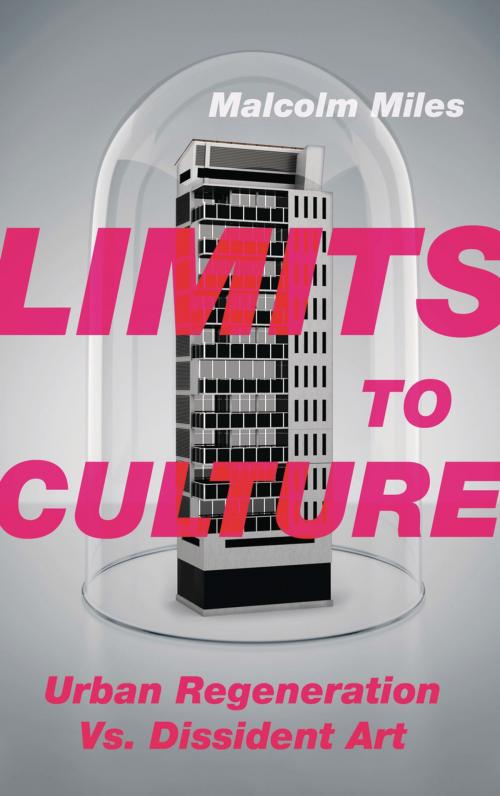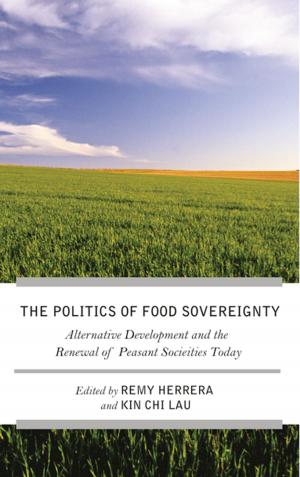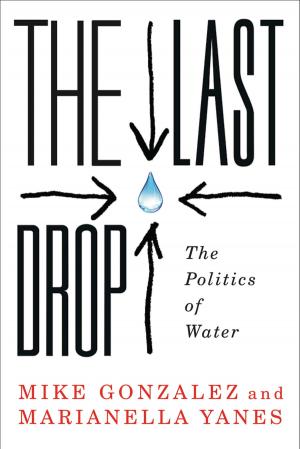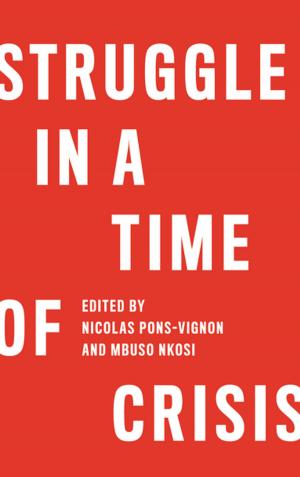| Author: | Malcolm Miles | ISBN: | 9781783713097 |
| Publisher: | Pluto Press | Publication: | June 20, 2015 |
| Imprint: | Pluto Press | Language: | English |
| Author: | Malcolm Miles |
| ISBN: | 9781783713097 |
| Publisher: | Pluto Press |
| Publication: | June 20, 2015 |
| Imprint: | Pluto Press |
| Language: | English |
How can we unmask the vested interests behind capital’s ‘cultural’ urban agenda? Limits to Culture pits grass-roots cultural dissent against capital's continuing project of control via urban planning.
Limits to Culture starts by outlining the cultural turn in urban policy which happened between the 1980s and the 2000s, in which new art museums and cultural or heritage quarters lent a creative mask to urban redevelopment. Malcolm Miles challenges the notions of the ‘creative class’ and ‘creative city’, and aligns them to gentrification and the elimination of diversity and urban dynamism. He explores the history of cultural urban policy and its antagonistic relationship to community and political art internationally across the UK, Europe and the US. In the 1960s creativity was identified with revolt, yet from the 1980s onwards it was subsumed in consumerism, which continued in the 1990s through cool Britannia culture and its international reflections. After the crash of 2008 money became scarcer, meaning that the illusory creative city gave way to reveal its hollow interior, through urban clearances and underdevelopment.
Limits to Culture straddles the fields of cultural studies and urban geography and aims to shine a new light into some of the darker corners of the political history of both.
How can we unmask the vested interests behind capital’s ‘cultural’ urban agenda? Limits to Culture pits grass-roots cultural dissent against capital's continuing project of control via urban planning.
Limits to Culture starts by outlining the cultural turn in urban policy which happened between the 1980s and the 2000s, in which new art museums and cultural or heritage quarters lent a creative mask to urban redevelopment. Malcolm Miles challenges the notions of the ‘creative class’ and ‘creative city’, and aligns them to gentrification and the elimination of diversity and urban dynamism. He explores the history of cultural urban policy and its antagonistic relationship to community and political art internationally across the UK, Europe and the US. In the 1960s creativity was identified with revolt, yet from the 1980s onwards it was subsumed in consumerism, which continued in the 1990s through cool Britannia culture and its international reflections. After the crash of 2008 money became scarcer, meaning that the illusory creative city gave way to reveal its hollow interior, through urban clearances and underdevelopment.
Limits to Culture straddles the fields of cultural studies and urban geography and aims to shine a new light into some of the darker corners of the political history of both.















